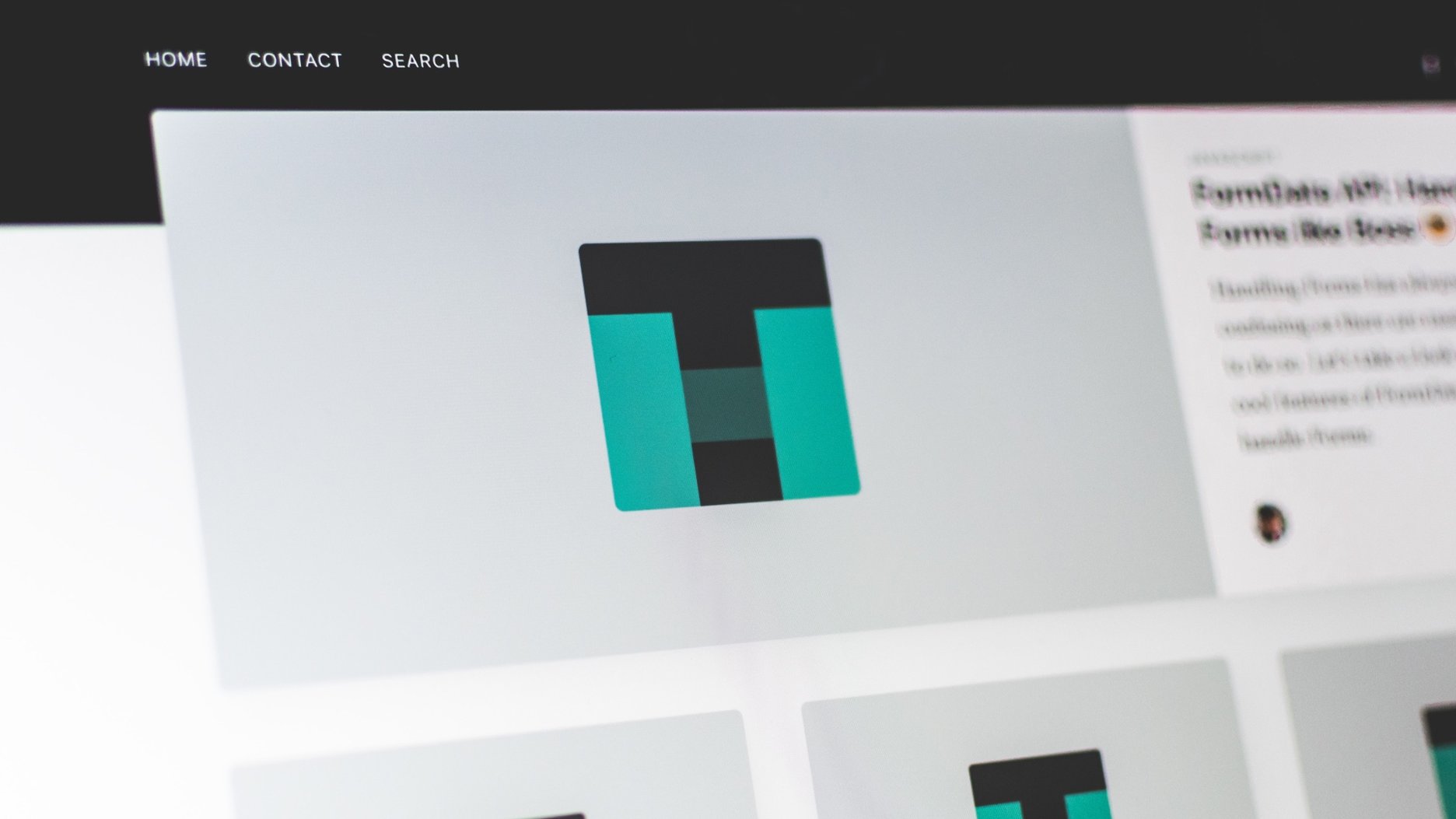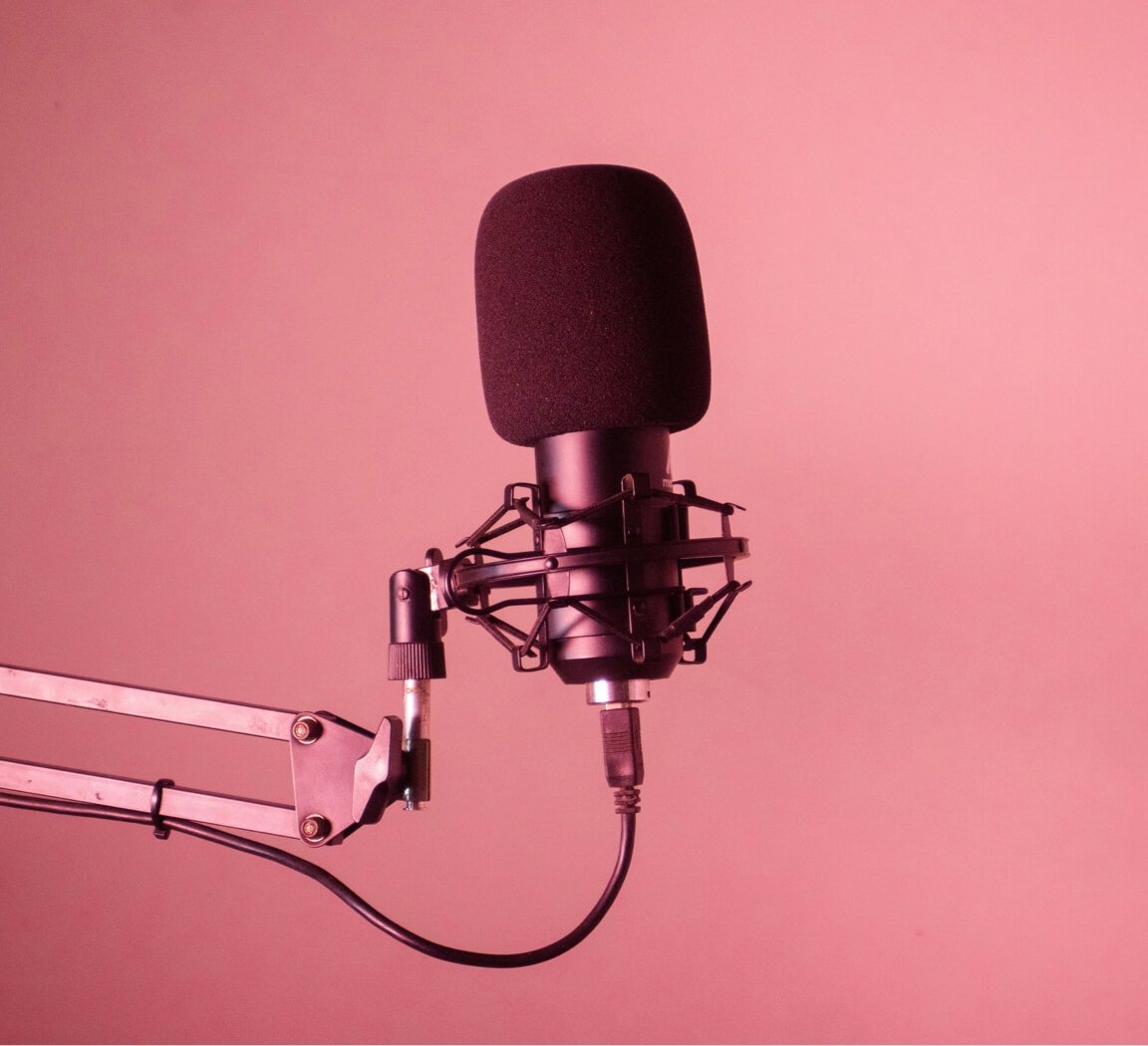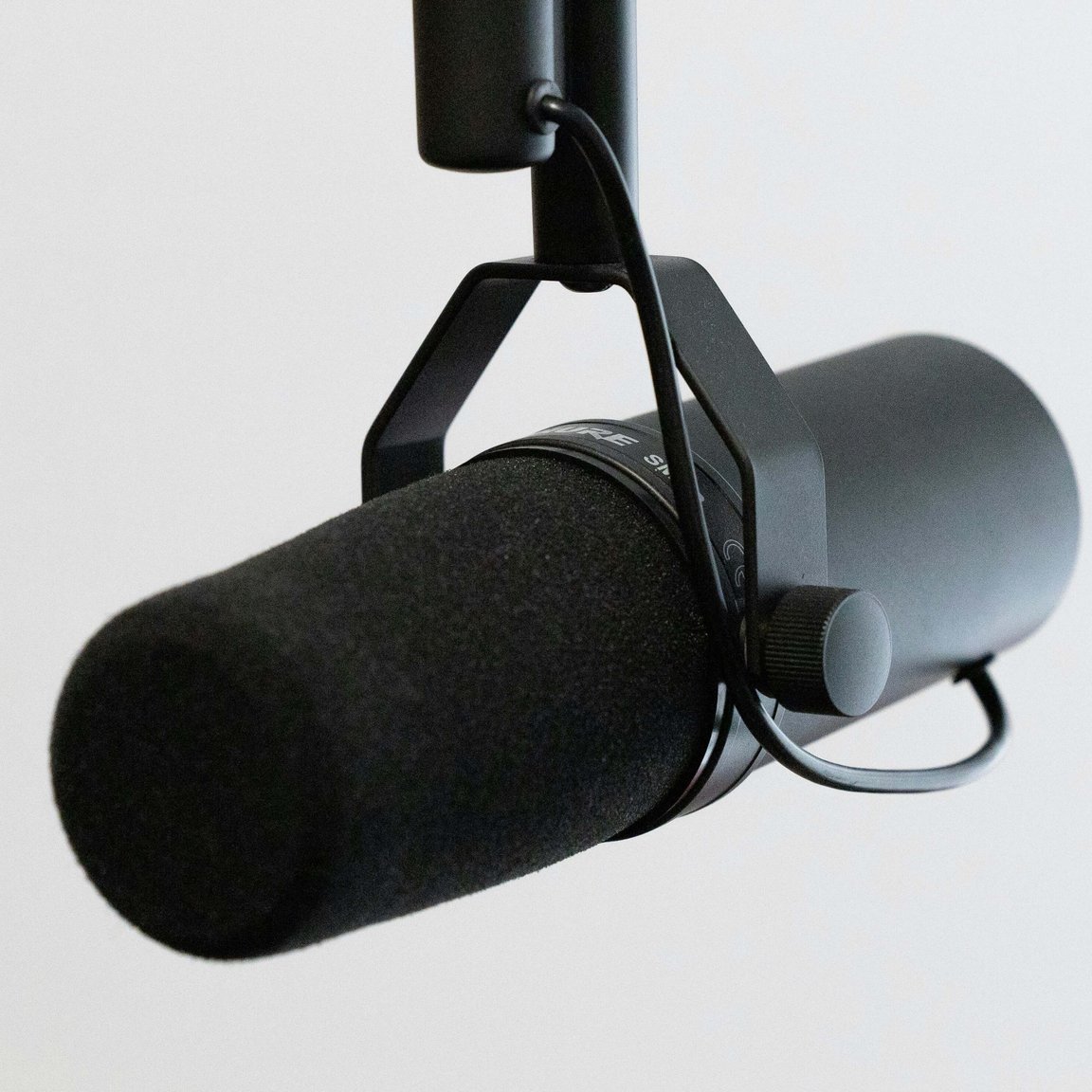A typical podcast episode is planned, recorded, released, and promoted in a cycle that repeats with regularity. The promotion step usually involves a variation on this formula:
- Post a link to TWitter
- Post a guest photo or clip to Instagram
- Share an audiogram on Facebook
This churn is healthy for consistency in output, and the focus on the next episode is the right approach to help us ensure each episode is better than the last. But in that cycle, we lose something fundamental to this medium of podcasting, and to the medium of blogging on which it’s built: the permalink.
Permalinks – the canonical home of your podcast content
A permalink is a URL pointing to a specific piece of content on the web. It’s made up of three parts: a protocol (usually http or https), a domain (for example podcode.tv), and a path (in this case /website/).
A domain name is something you rent, from a domain name registrar, and which you own for a fixe period of time (every 2 years, for example), and can then renew. Hosting companies like Squarespace or WordPress.com can act as a registrar and help you buy a domain name, but it’s usually best to keep your domain name separate from your website hosting account, in case you want to move, say, from Squarespace to your own self-hosted WordPress site. Bundling the two makes this process a little more complex.
A domain name ends in something like .com, .org, .net. .fm, .tv, etc. If your domain name ends with your hosting company’s name, for example, *.libsyn.com or *.captivate.fm, you don’t own that domain, it’s owned by your hosting company.
Having your own domain name is important for several reasons, but mostly it allows you full control over your intellectual property.
You can buy domain names from places like iwantmyname.com or hover.com, both of which offer a hassle-free experience with no upsells (unless many other companies).
With your website’s domain in place, the last part is the path, which is the signifier for an individual piece of content – a page or post – on your website.
A permalink is the canonical home on the web for each episode of your podcast. Even in this case of Podcode in which each episode has three different media (video, audio, and this written article), they all convey the same basic information or answer the same question, so they all share the same canonical home. In a sense, the permalink points to the answer to a question (ie: “Why should podcasts have a website?”), not the specific medium in which that question is answered.
Your podcast, your rules
When sharing your permalink to your episode – as opposed to the Apple Podcasts URL – you’re giving the visitor control over how they want to consume the content. If you have a written version of your podcast – either detailed show notes or a full transcript – your visitor might prefer to consume your work that way. They may choose to play the episode using the player on that page, or they might click one of the buttons on your site to check out the podcast in their favourite app. By pointing the visitor to your episode’s canonical home on the web, you’re letting them choose how to interact with it.
It also gives you more control over the experience, allowing you to guide the visitor or encourage them into certain action. If you share a Spotify link to your latest episode, the listener lands in the Spotify app and you’re unable to direct them to your newsletter, or show them where they can follow you on Instagram. All they can do is listen to the episode and read some basic details about it. They can follow your show – which is great – but they can take no further action that benefits you.
By sharing a platform-specific link (like Apple Podcasts or Spotify), you’re also making assumptions about your listener. In the Apple case, you’re assuming they have an iPhone, and ignoring the vast majority of people who use Android phones.
Record, release, promote, repeat
Podcasts are tricky to search for in apps, and isn’t something we can rely on for attracting new listeners. But with a good podcast website, you have the opportunity to capture a potential listener when they need you most: when they’re searching for an answer to a question.
A website where each episode has its own page with rich show notes (useful links and supplementary information, Images, headings, a transcript) will start to gain authority within Google and other search engines. The more people link to this content from other authoritative sources, and the more authoritative those sources are, the higher your content will rank within Google. But if people only link to your podcast using Apple Podcasts or Spotify links, that authority goes to those domains, not yours.
Preserving your work
After a while, links to episodes in Apple Podcasts, Spotify, and Player.fm which you may have come across when searching for podcast episodes, become stale as no-one’s linking to them (ideally, the only links to those pages should come from your website). As Google indexes your site over time, it builds up a picture of your website’s structure, and will rank pages based on relevance to certain keywords (essentially scoring your content on how well it answers visitors’ queries). If you’ve ever searched for an article to reference in a blog post, you’ll likely have picked one of the first few results for your search term. That cumulative behaviour is what will help to preserve your podcast episodes, as the pages hosted on your website – along with other useful information about the topic, and about yourself – all inform Google and, more importantly, provide valuable content that others want to link to.
Finally, if you ever move your website to a new domain or change the structure, it’s vital to make sure each permalink – each canonical URL pointing to a specific episode, blog post, or page – redirects to its new home, so you don’t lose the ranking you’ve built up over time.





